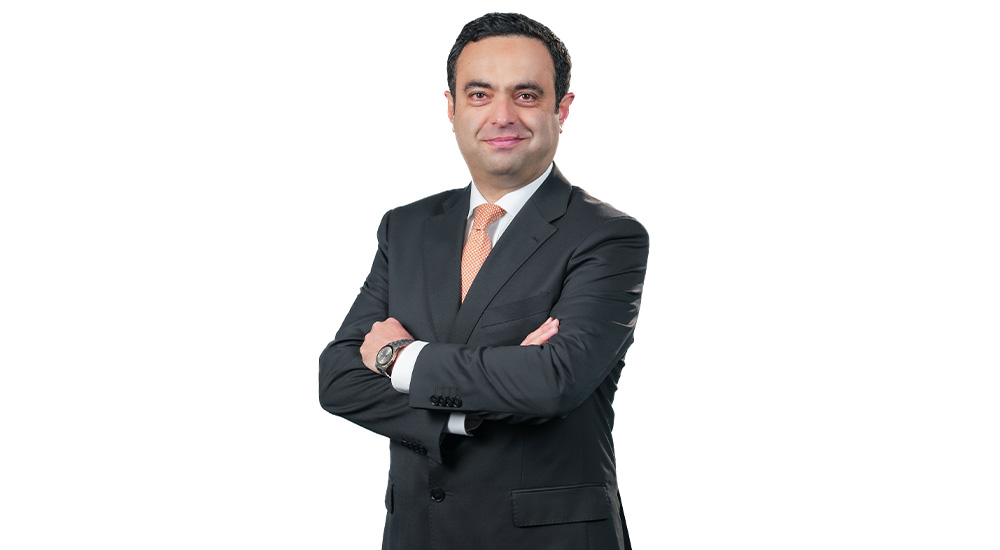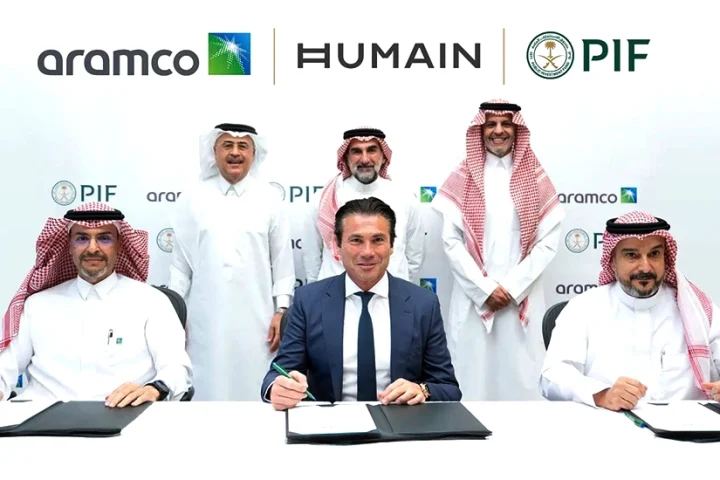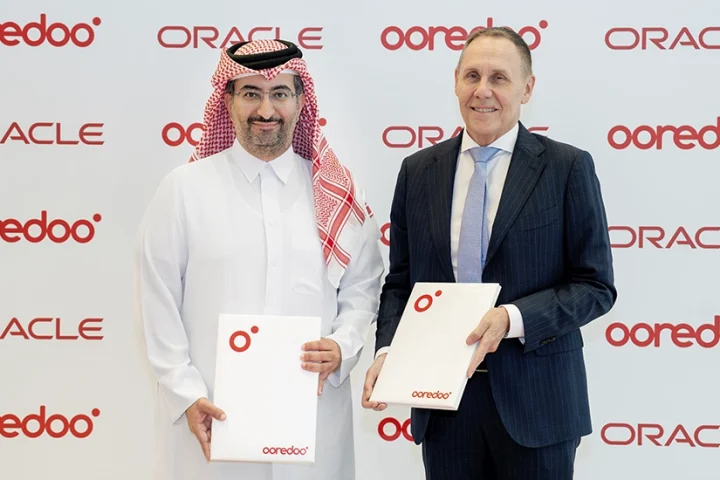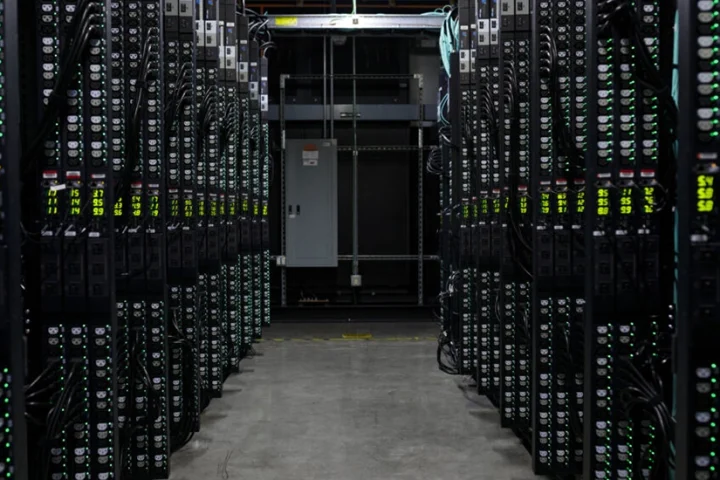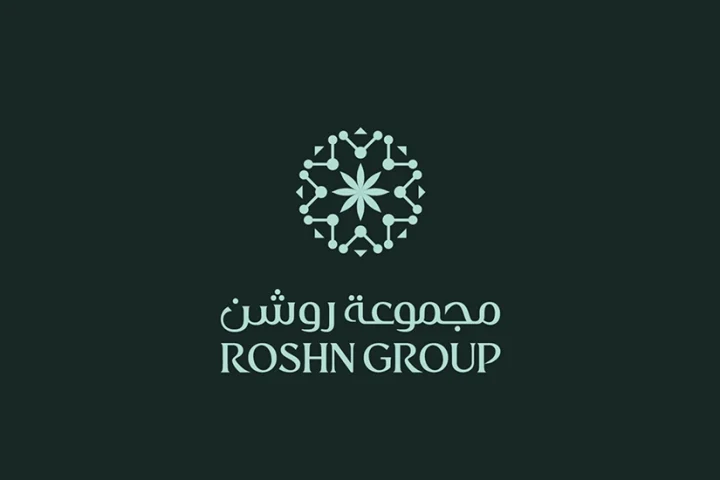The London Institute of Banking & Finance (LIBF), in collaboration with The Financial Academy (TFA), is proud to announce the release of a whitepaper paving the way towards sustainability, titled “Getting Match Fit: Lessons in Sustainable Finance from Saudi Arabia’s Vision 2030.” This comprehensive report delves into the transformative role of sustainable finance in the Kingdom of Saudi Arabia (KSA) as it aligns with the ambitious goals of Vision 2030.
The whitepaper, authored by Emmanuel Rondeau and Fouad N. Trad, challenges the conventional perception of sustainable finance as merely a series of one-off investments in renewable projects. Instead, it emphasises the necessity of a holistic approach that encompasses a broader range of investments aimed at enhancing environmental, social, and governance (ESG) standards in the long term.
Vision 2030, launched by Crown Prince Mohammed bin Salman in 2016, serves as a crucial framework for Saudi Arabia’s transition away from oil dependency. It includes a commitment to sourcing 50% of the nation’s electricity from renewable sources by 2030, alongside substantial investments from the Public Investment Fund (PIF) in clean energy initiatives. The whitepaper highlights the critical need for banks in Saudi Arabia to establish robust governance structures and standards to facilitate these sustainable investments effectively.
Ehsan Razavizadeh, Managing Director MENA and Asia at LIBF, stated: “This whitepaper illustrates how sustainable finance is not merely an aspiration but an actionable framework that can propel Saudi Arabia toward its Vision 2030 objectives. The insights provided will empower financial institutions to align their strategies with the Kingdom’s commitment to a sustainable future.”
In a statement, Mana Alkhamsan, CEO of The Financial Academy, emphasised: “Our collaboration with LIBF on this whitepaper underscores our dedication to advancing the sustainability agenda in Saudi Arabia. As we work towards building a sustainable economy, it is essential for financial regulators and banks alike to adopt rigorous ESG standards, ensuring long-term benefits for all stakeholders. The release of this whitepaper marks a pivotal moment in Saudi Arabia’s journey toward sustainable finance, paving the way for transformative investments that foster both economic growth and a resilient society.
The Financial Academy continues to demonstrate its leadership in human capital development by delivering a range of in-depth market reports, advanced studies, and thought leadership publications. These resources are meticulously designed to support researchers, industry stakeholders, and the broader public, reinforcing the Academy’s mission to support human capital advancement throughout the Saudi Financial sector.
AlKhamsan, further highlighted that the significance of these offerings, stating, “The Financial Academy is committed to providing essential insights and data to advance knowledge and drive impactful changes in the field of human capital development.” This suite of resources further aligns with the Academy’s vision of building a stronger, more skilled workforce that meets the evolving demands of the Kingdom’s rapidly developing economy.
The release of this whitepaper is a significant milestone in the journey toward sustainable finance in Saudi Arabia, setting the stage for transformative investments that not only contribute to the Kingdom’s economic growth but also foster a thriving environment and society.


